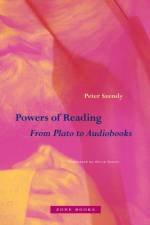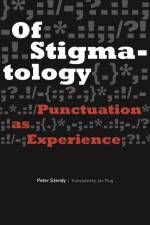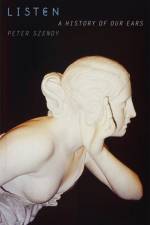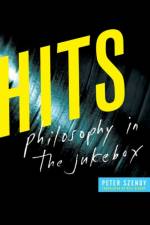av Peter Szendy
357
A historical, literary, and philosophical study that transforms our understanding of reading"Peter Szendy offers a subtle, persuasive, and unprecedented account of the time of reading and its scene of address, one that is as archaic as it is contemporary. When we read, are we listening to a voice or being read to? If it is not a private and monologic exercise, how do we understand the populated scene of reading? What reads when we read, and how does reading push and pull between temporalities and voices? Why do we keep leaving the text when we seek to obey the injunction to stay within its terms?Questions such as these produce a fresh, even startling, consideration of a wide range of literary and popular texts, including Hobbes’ Leviathan, Flaubert’s Madame Bovary, Kant’s moral injunctions, Sade, Valéry, Blanchot, and de Certeau, but also modern fiction, film, audiobooks, and hypertext. The power of reading turns out to belong to its surprising engagement with time and direction: the deliberate reader stays close but strays, tries to fill in the gaps but gets pushed back by a countercurrent. The key to the text is sought ‘outside’ only to be led back to the text and its failure to deliver a final answer. Equally at odds with older versions of literary formalism that insist on the self-referentiality of the text as well as contextualists who scour an external social order to discover the truth of the text, Szendy approaches that very conflict as an oscillation constitutive of reading itself. Paradoxically, reading is sustained precisely by what interrupts its teleological flow.The result is a comic, profound, and timely reconceptualization of reading which rushes forward only to find itself pushed back into the heart of the text, which discovers that this incessant breaking from the text, this headlong rushing ahead to the world outside the text is a sequence of overreach, delay, and return that forms the ragged rhythm of reading itself. Powers of Reading is a patient, brilliant, and illuminating inquiry into the crosscurrents of voice and address, one that speaks to the speed and complexity of our time, how we are upended by our forward propulsions, to consider how multiple voice, action, and passivity are all rearranged in the scene of reading." –Judith Butler, Distinguished Professor in the Graduate School, University of California, Berkeley








